Best Insect Repellents for Mosquitoes, Ticks, and Gnats
There are so many brands of insect repellent* (bug spray) on the market that it’s difficult to know which one is the best, or if there is even a difference. Well, there is!
In fact, some bug repellents are very good, and others are just a bite in the wallet!
When you’re trying to protect yourself from insect-borne diseases (such as Zika, Lyme disease, and West Nile Virus) you want to make sure you use the best insect repellent available.
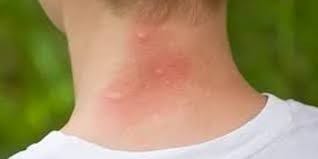
Three Important Things to Look for when Buying a Bug Spray
- The Active Ingredient: This is what keeps bugs away from you.
- The Concentration of the Active Ingredient: This is the percentage of the active ingredient in the bug repellent. The active ingredient and the concentration are printed on the container.
- How Long the Bug Spray Will Last: Usually, the container shows an amount of time that the repellant will last. But that can vary, based on the weather and your level of activity. For the most part, you can just reapply when you start getting bitten.
Want to get rid of biting insects?
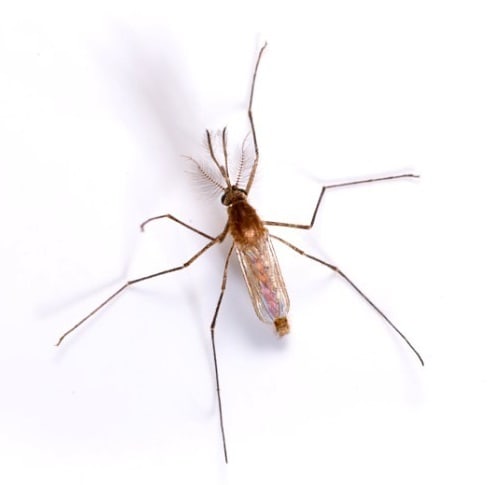
The Three Best Active Ingredients for Insect Repellents
When you’re looking for the top repellents for mosquitoes, ticks, and more, look for the products with DEET, lemon eucalyptus oil, or picardin for best results.
DEET
DEET is the gold standard, and it’s used by more people than any other insect repellent. It’s available in a variety of forms, including sprays, lotions, and wipes. Its hours of protection range from 3 to 8 hours, depending on the percentage of DEET.
This repellent hit the consumer market in 1957, and it’s considered safe WHEN THE LABEL INSTRUCTIONS ARE FOLLOWED. It’s effective against mosquitoes and biting flies as well as fleas and ticks. However, it’s a chemical, and it needs to be used according to the label instructions.
DEET works by masking the smells that attract insects, making them less likely to come into contact with your skin. It’s recommended to use at least 25% DEET and no more than 40%.
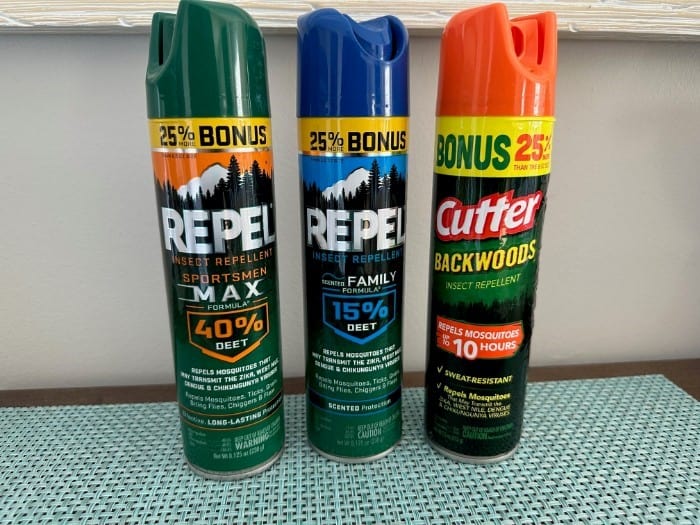
Each of the insect repellents above use DEET as the active ingredient. The Repel Insect Repellent Sportsman has 40% DEET, which is the highest concentration of the 3. The Cutter Backwoods has 25%, and the Repel in the middle has 15%. That’s a big range, but we generally find that the 25% concentration of DEET works very well.
When buying an insect repellant that uses DEET as the active ingredient, make sure the concentration is no more than 50% for adults (there’s no additional benefit over 50%) and 30% for children*. Some studies show no additional benefit over a 30% concentration of DEET.
When using a DEET-based product, always read the label carefully before use. Go to https://www.epa.gov/insect-repellents/deet#safety for more information about DEET and its safety.
Picaridin
Picaridin is also a chemical synthetic compound derived from a plant-based chemical. It’s odorless, non-greasy, and provides similar protection to DEET, as long as there is at least 20% picaridin. It’s also effective against mosquitoes, ticks, fleas, gnats, and biting flies.
When deciding between DEET or picaridin, picaridin does work better against flies, it offers a lower risk of skin irritation, and it’s safe to use on clothing as well. It has a long-lasting effect, with up to 8 hours of protection from mosquitoes.
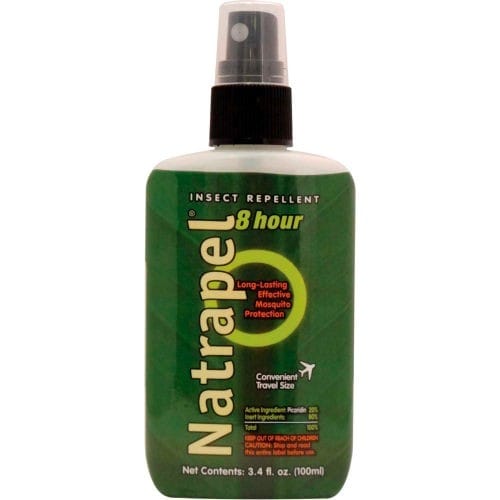
Oil of Lemon Eucalyptus
Oil of lemon eucalyptus is a natural insect repellent with a pleasant smell, and it does a very good job keeping mosquitoes and ticks away. It’s derived from the lemon eucalyptus tree, and it has similar efficacy to DEET and picaridin when used with the proper concentration. However, the hours of protection may be less. It can be used for up to 6 hours.
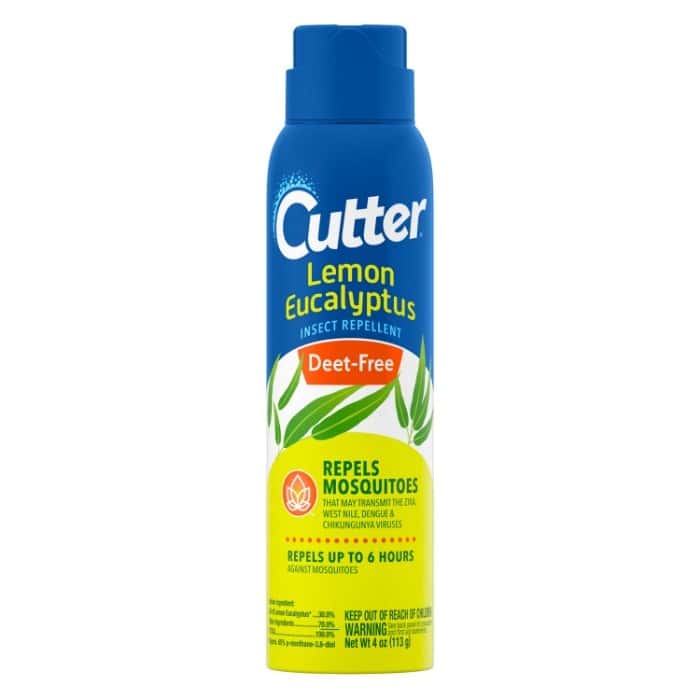
This can of oil of lemon eucalyptus has a 30% concentration of the active ingredient, which should do a good job. Oil of lemon eucalyptus is the only naturally occurring insect repellent that worked well for us.
NOTE:
- The label states that oil of lemon eucalyptus should not be used on children under 3 years old and you should be careful to keep it out of your eyes.
- All chemicals, including oil of lemon eucalyptus, have a degree of toxicity. Always read the label instructions.
- Oil of lemon eucalyptus is an effective insect repellent with a concentration of 30% to 40%. Going below 30% will reduce its ability to get rid of mosquitoes, gnats, and ticks, including deer ticks that carry Lyme disease.
Using tick repellent reduces the likelihood of getting Lyme disease.
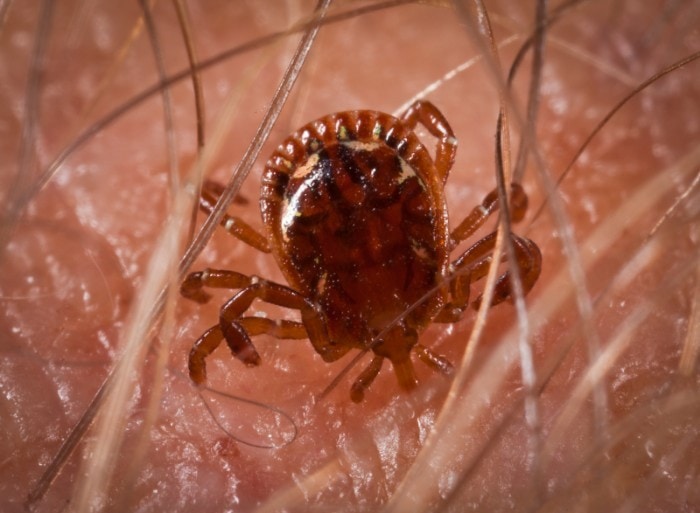
Insect Repellent Warnings
All insect repellents must show the percentage of the active ingredients. But the percentage may appear at the bottom of the can with the warning label.
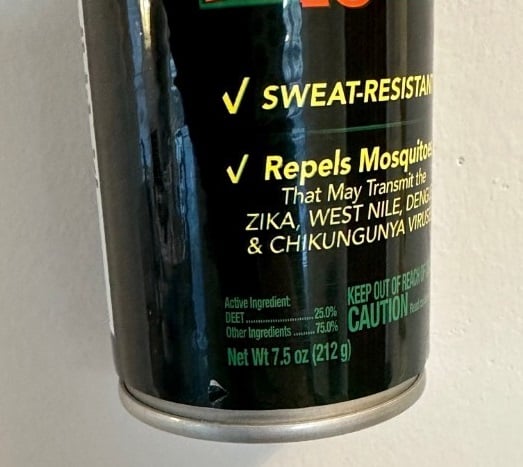
A Common Mistake When Buying Insect Repellents
We recently saw a bottle of bug spray containing oil of lemon eucalyptus that claimed to work well against mosquitoes. However, when we looked at the label, the percentage of the oil of lemon eucalyptus was only 3%! Relying on a product with only a 3% concentration will provide disappointing results.
*Check with a doctor before using any insect repellent on a child.
Never use these products at all on babies younger than 3 months old.
Check with your veterinarian to find out what products are safe for your pets. Remember to follow all product label instructions.
For more information, go to:
https://www.cdc.gov/zika/prevention/prevent-mosquito-bites.html
https://www.cdc.gov/ncezid/dvbd/about/prevent-bites.html
If you are suffering from Lyme Disease, or think you may be, reach out to Anne Desjardins.
Anne founded and runs the Berks County Lyme Support Group and can be reached here: https://www.facebook.com/BerksLyme/
For additional information, go to https://palyme.org/
Request a free estimate on our Flea & Tick and Mosquito applications.
You may also be interested in these blogs: